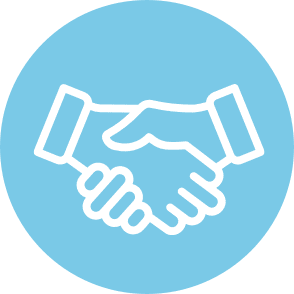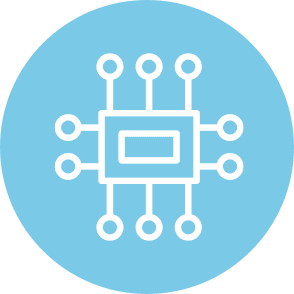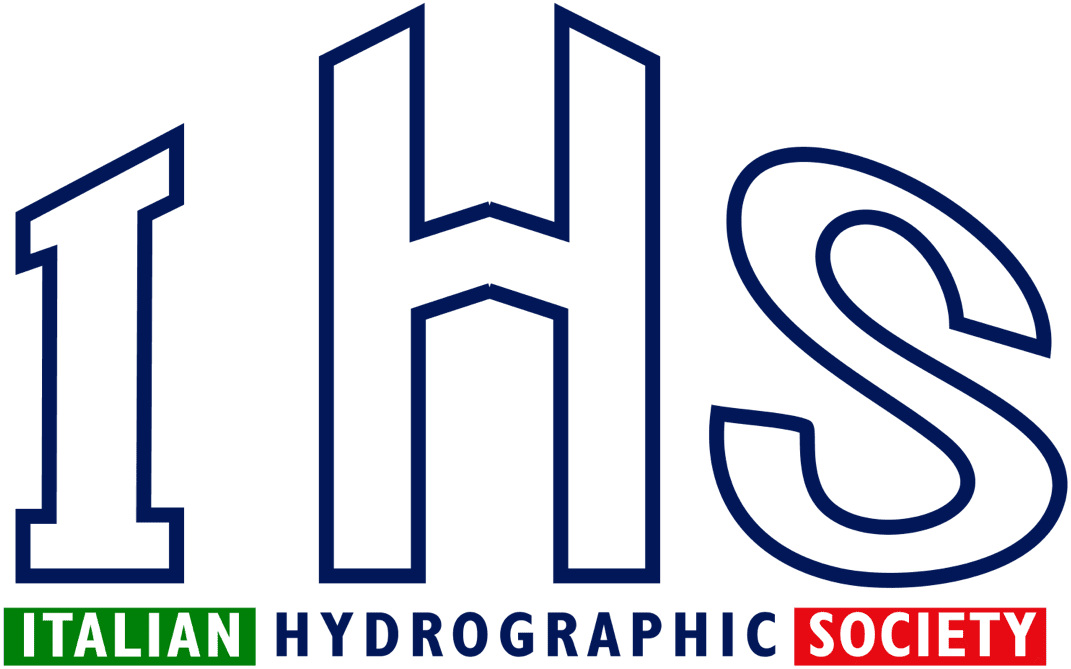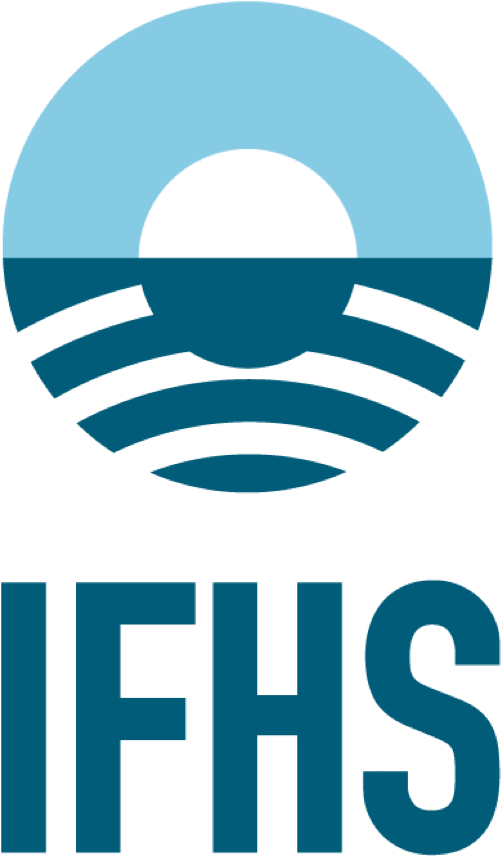Topics
Beyond hydrography: unlocking
investments in the blue economy
The International Hydrographic Organization’s publication S-32, The Hydrographic Dictionary, defines the safety of navigation as the primary purpose of hydrography. However, marine challenges on a global scale require a holistic approach that addresses all purposes, with a focus on data availability and hydrospatial data infrastructures as core business.
Hydro 23 (Genoa, 7th-9th November 2023) will bring attention to the need for hydrography in all marine activities, with a focus on marine data-driven management and decision-making.
The Conference will cover four main areas:
Area 1
Coastal Resilience44% of the world’s population (more people than inhabited the entire globe in 1950) live within 150 kilometres of the coast. In 2001 over half the world’s population lived within 200km of a coastline. The rate of population growth in coastal areas is accelerating and increasing tourism adds to pressure on the environment.
New strategies are needed to conserve, preserve, restore and develop the coastal zone. Hydrography can play a crucial role in helping humanity adapt to coastal living in a sustainable way. How can hydrography provide answers for other marine sciences, such as oceanography or geophysics, to study the coastal zone?
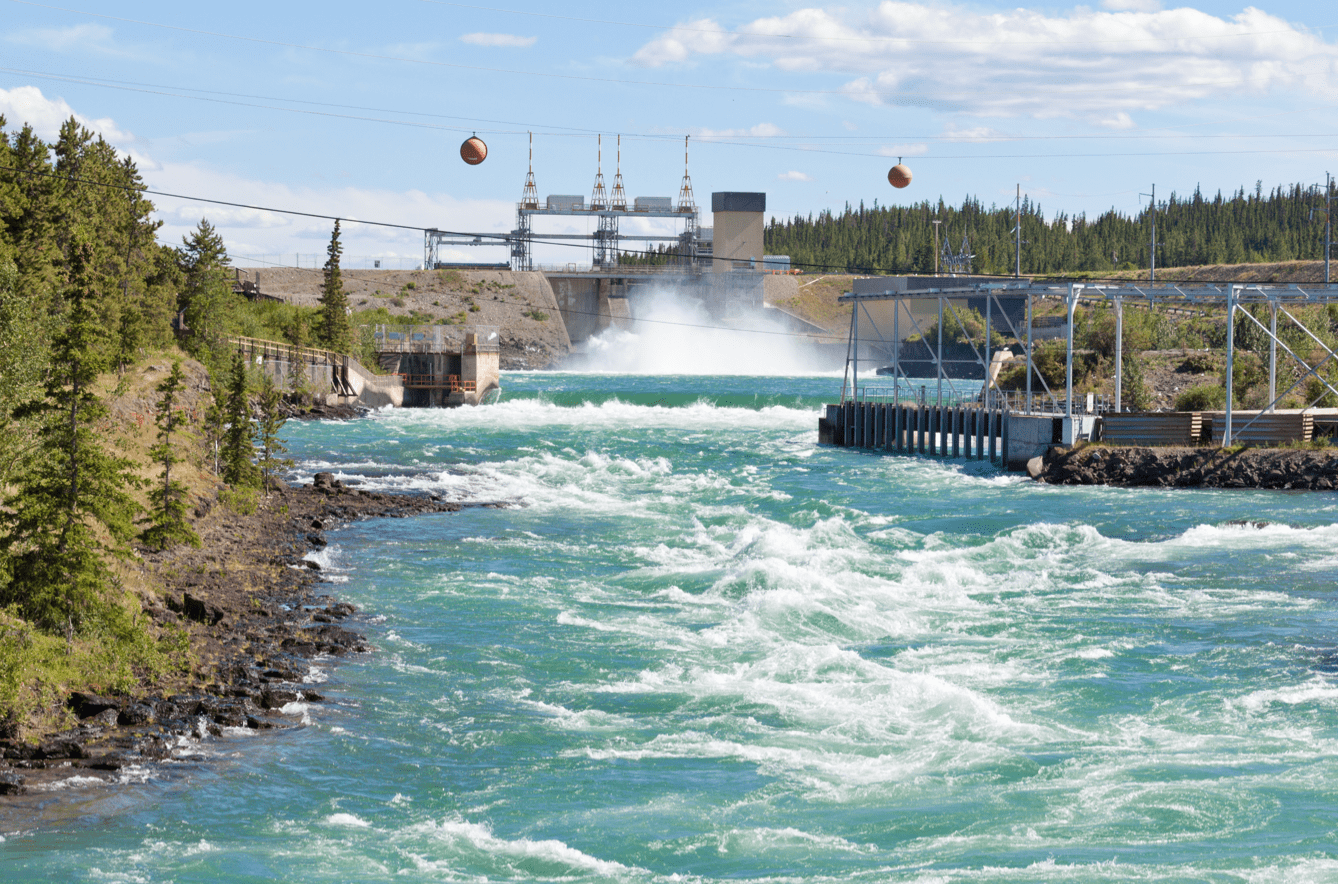
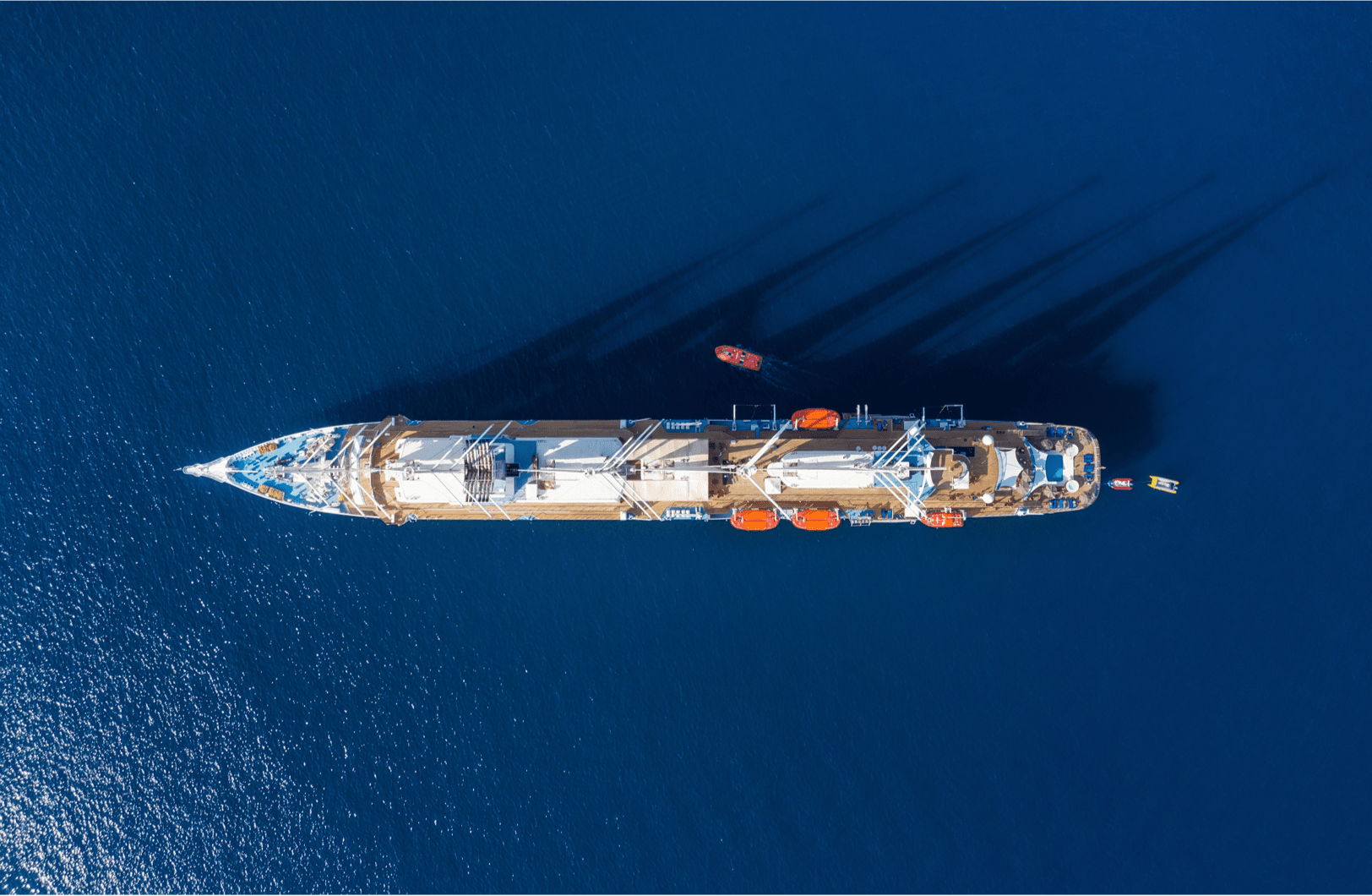
Area 2
Sustainable underwater infrastructuresCurrently, the main method for international telecommunications is the use of submarine cables; 99 percent of international telecommunications is carried over submarine cables.
Many critical infrastructures lay in the ocean. A new way to approach the underwater domain is arising. Can hydrography play a new role in this new arena? How can data and information about critical underwater infrastructures be managed?
Area 3
Blue transitionThe Ocean covers more than 70% of the earth’s surface, yet less than 20% of the seafloor is well mapped. The Ocean is a new frontier for energy, food, tourism, and many other human activities.
How can hydrography support the blue transition? Can the blue knowledge have its foundation in the comprehensive and homogeneous hydrographic knowledge of the Ocean?
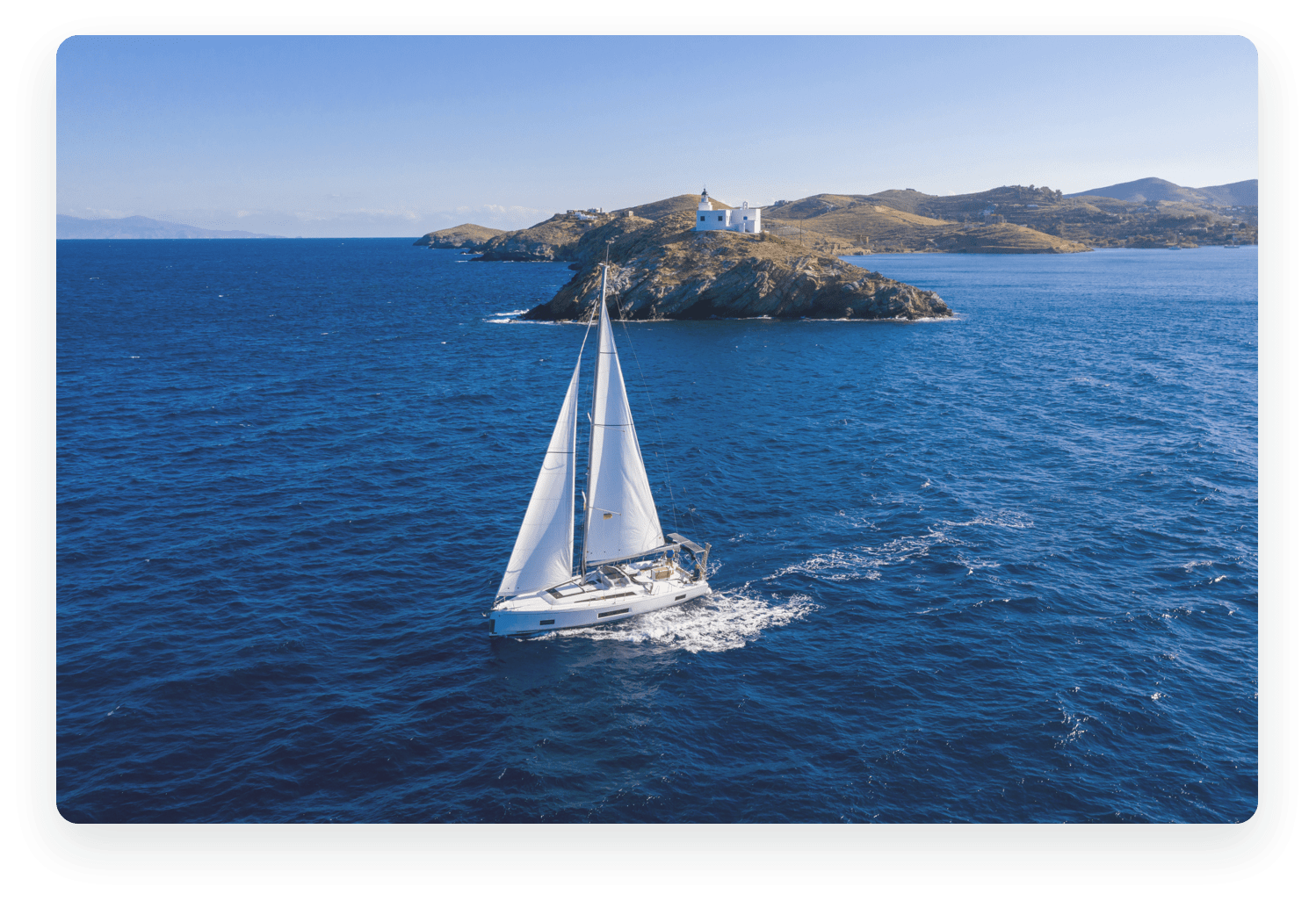
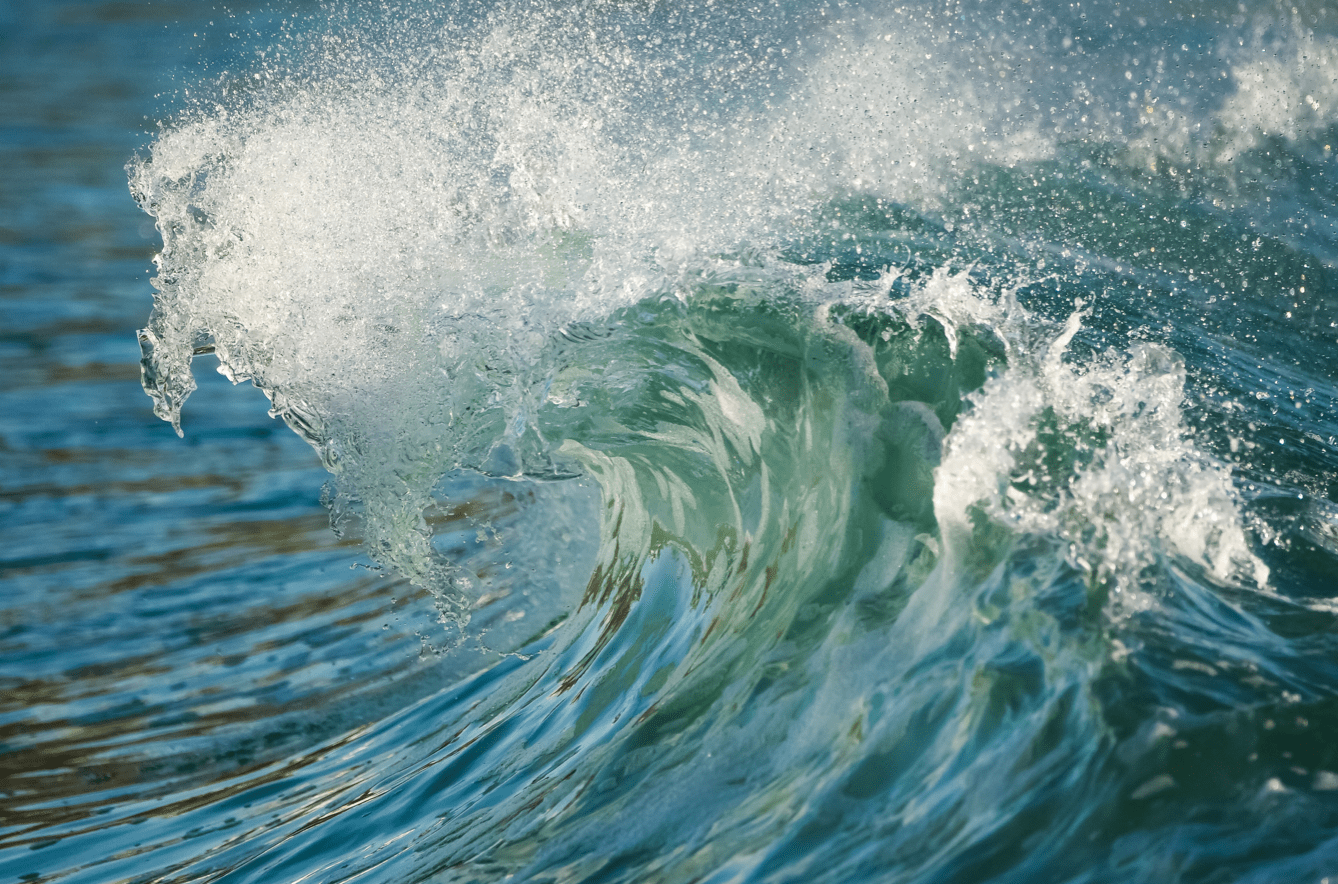
Area 4
Ocean explorationThe underwater domain has been a source of histories and legends, and still today from the ocean surface to the seafloor and below it most of the geometrical, physical and chemical characteristics remain unknown.
Which are the frontiers of the ocean exploration? Ocean data gathered are ready to be used many times for different purposes? Different ocean communities are joining common global initiatives to face the lack of good and qualitative ocean data?
Area 5
Collaboration and partnerships, quality, enabling technologies and ocean literacyCollaboration and partnerships, quality, enabling technologies and ocean literacy remain the foundation principles of our wide hydrographic community.
A particular focus will have the relevant frameworks, standards, guidelines, projects and global initiatives; in particular:
The Integrated Geospatial Information Framework by the United Nations Global Geospatial Information Management
The S-100 Universal Hydrographic Data Model by the International Hydrographic Organization
The Open Geospatial Consortium initiative about Federation of marine spatial data infrastructures
The Ocean Literacy for all by the International Oceanographic Commission
Standard of competence for hydrographic surveyors by the FIG/IHO/ICA International Board on Standards of Competence
The Nippon Foundation-GEBCO Seabed 2030 Project
The United Nations Ocean Decade of Ocean Science for Sustainable Development
IHO Publication B-12 – IHO Guidelines for Crowdsourced Bathymetry

In addition to these four main areas, Hydro 23 will also focus on four underpinning principles, for an inclusive hydrographic sector:
- Collaboration and partnerships
Collaboration and cooperation towards a common sustainable future is crucial. Private, public, intergovernmental, non-governmental, and nonprofit organizations all play a role in managing the blue power.
How can hydrography promote a common path for these different communities? What is the common policy and governance that can enable the hydrographic sector as a key player in the marine community? - Quality
There are 2.5 quintillion bytes of data created each day at our current pace, but that pace is only accelerating. Data is the new oil and data-centric approaches for business models are a basic pillar for knowledge-based decisions.
How can the hydrographic community create value and trust around data? What is the role of quality in people and organizations in the hydrographic sector? - Enabling technologies
New technologies such as automation, machine learning, remote control, autonomy, artificial intelligence, digital twin, internet of things are becoming routine in hydrography.
Which technologies will enable new opportunities in the hydro ecosystem? How can hydrographers increase data value through new technologies? - Ocean literacy
Ocean is one of the global commons, perhaps the global common. He needs restoration, conservation, a sustainable interaction with a consciousness and awareness humanity.
We are more than 8 milliards on our Planet , but how many of us are really aware of the key role of the ocean in our lifes? As ocean and hydrographic communities, which are the global initiatives to share our knowledge? How the ocean communities are sharing the basic knowledge needed to face the huge challenge of the ocean knowledge?
